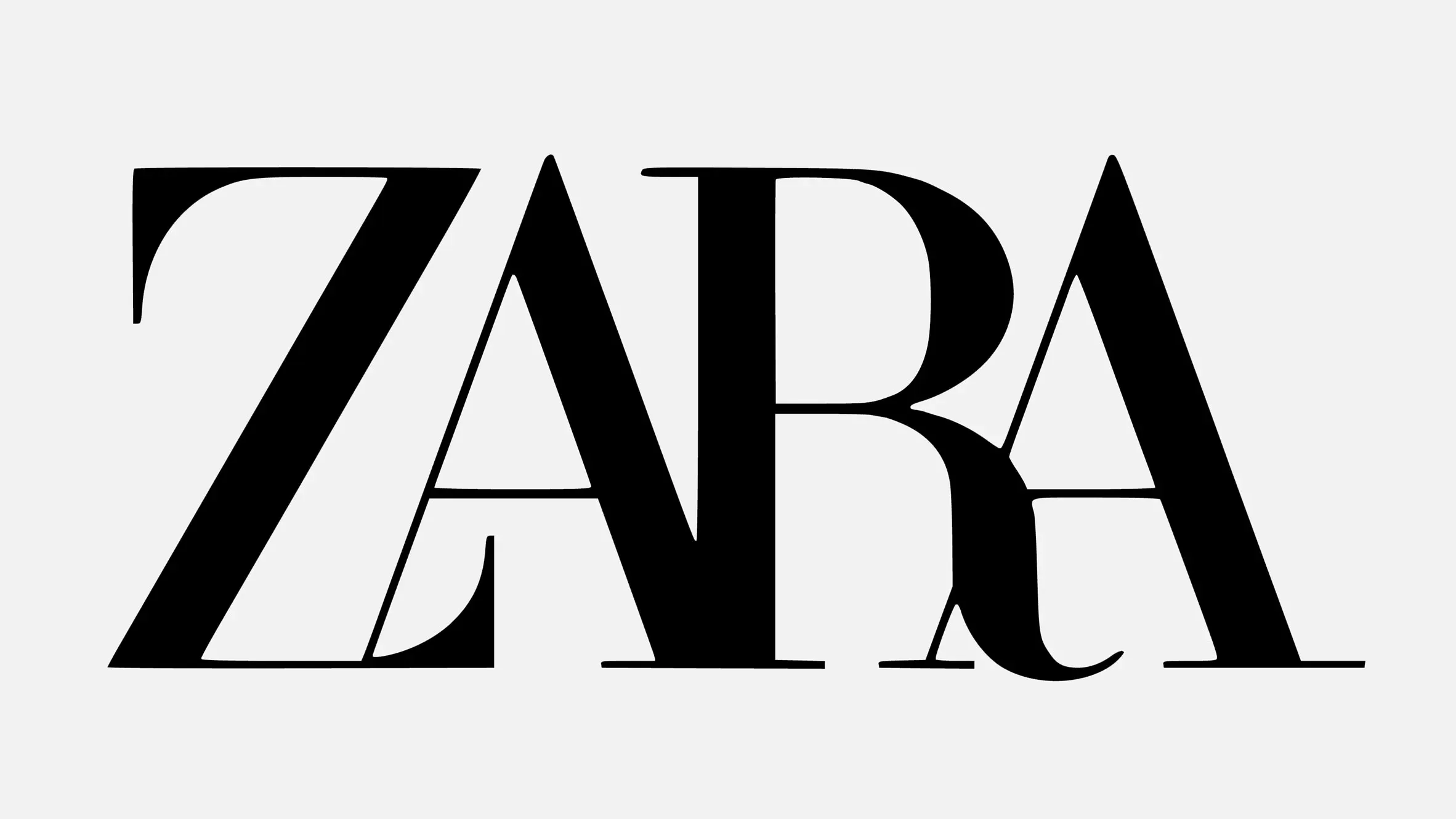Summary
Founded in 1975 by Amancio Ortega and Rosalía Mera, Spanish fast fashion retailer Zara- by the Inditex group - designs, produces, distributes and retails apparel, accessories, shoes, swimwear, beauty products and perfumes through its extensive retail network. Renowned for its ability to develop a new product and get it to stores within two weeks- while other retailers take six months- Zara has over seven thousand stores worldwide including its kids and home stores.
History
Zara was founded by Amancio Ortega and Rosalía Mera in 1975 as a family business in in Galicia, Spain. Its first store retailed low-priced lookalike products of popular higher-end fashion. Within eight years, Zara's approach to fashion and its business model generated traction with the Spanish consumer and this led to the opening of nine stores in Spain.
In 1985 Inditex was incorporated as a holding company which laid the foundations for a distribution system capable of responding to evolving market trends real fast. Ortega changed design, manufacturing and distribution processes to reduce lead time and react to new trends in a quicker way, which he called "instant fashion." The changes included the use of information technologies and using groups of designers instead of individuals.
Zara has consistently acted as a pioneer in fast fashion and its success can be attributed to placing the consumer at the heart of the company vision board. Expanding throughout the world at a lightning pace… the company started its international expansion Porto, Portugal in 1988 followed by the United States and France. During the Nineties, Zara expanded to Mexico- Greece- Belgium- Sweden and in the next decade opened stores in Japan- Singapore- Russia- Malaysia- China- Morocco- Estonia- Hungary- Philippines, Costa Rica- Indonesia- South Korea- India- South Africa and Australia.
Digitalization was the next step forward. On September 2010, Zara launched its online boutique. The long-awaited website went online in Spain- UK- Portugal- Italy- Germany and France and later in the US and Asia. Pretty soon Zara launched a smartphone application which was downloaded by two million people in record time. There was another feather in its cap. In 2012 the Spanish label promised to eradicate all releases of hazardous chemicals.
So it didn't come as a surprise when Inditex was crowned "Retailer of the Year" at the inaugural World Retail Awards in Barcelona. The successful high street company "had a stunning year and continued to build on its reputation to deliver fast fashion" said judges. Inditex won over Neiman Marcus, Target, Best Buy, Tesco and Whole Food Markets. Today Inditex is the world's largest fashion group operating more than 7400 stores worldwide.
Mission
Zara's mission is a testament to its unwavering commitment to providing customers with affordable yet stylish alternatives to high fashion trends. At the core of this mission is the drive to deliver these offerings with unparalleled speed, outpacing any competitor in the industry. The Spanish fast fashion brand recognises that fashion is an evolving space and the its dedication to swiftly replicating the latest trends allows its customers to be stylish without breaking the bank.
Central to Zara's unique business model is the customer, who remains at the heart of every decision and strategy. Zara's integrated approach, spanning from design to production, distribution and sales ensures that the customer's preferences and needs are woven into the fabric of the brand. With an extensive retail network, Zara has successfully democratized fashion, making it accessible to a wide range of consumers. The brand's mission is a testament to its agility and unwavering focus on delivering trendy affordable fashion to its customers faster and more efficiently than any of its competitors, ultimately reshaping the way people experience and engage with high fashion.
Vision
Spanish fast fashion retailer Zara's vision is to democratise fashion. It's vision involves a fast fashion strategy where products are produced at a high rate and distributed to customers at inexpensive prices. The brand gives customers what they want and gets it to them faster than anyone else by ensuring that the team identifies the preferences of the market and improves people's tastes and overall life by producing fashionable products before its competitors.
Key Team
Marta Ortega Pérez (Chairperson, Inditex)
Óscar García Maceiras (Inditex CEO)
Jose Arnau Sierra (Board Director)
Amancio Ortega Gaona (Board Member)
Pontegadea Inversiones (Board Member)
Recognition and Awards
Products and Services
Spanish fast fashion retailer Zara provides inexpensive and stylish apparel and accessories, footwear, swimwear, costume jewellery and undergarments for men, women and children. The fashion brand is renowned for its ability to develop a new product and get it to stores within two weeks while other retailers take six months.
References
- Official website Zara
- How Zara became a huge fashion retailer BoF
- Facebook page of Zara Facebook
- Zara launches online boutique Fashion United
- Instagram page of Zara Instagram
- World Retail Awards recognises Zara Fashion United
- Twitter page of Zara Twitter
- Zara reports surging sales despite cost of living pressures The Guardian
- LinkedIn page of Zara LinkedIn
- Official website Inditex
- Wiki page of Zara Wikipedia
- Ethical commitment of Inditex Inditex
- What Is Zara Doing To Adopt Digital Transformation? FashionABC
- Zara Stops Usage of Toxic Chemicals Business Insider
- Youtube channel of Zara YouTube
- Snapshot of Zara Forbes
- Inditex Makes Historic Net Cash Position Amid The Coronavirus FashionABC
- Fast fashion, explained VOX
- A Culture of Customer Co-creation Martin Roll
- Zara Success Stories

Marta Ortega Pérez (Chairperson, Inditex)
Óscar García Maceiras (CEO, Inditex)
Jose Arnau Sierra (Deputy Chair)
Amancio Ortega Gaona (Board Member)
Pontegadea Inversiones (Board Member)
Retail and Consumer Goods
